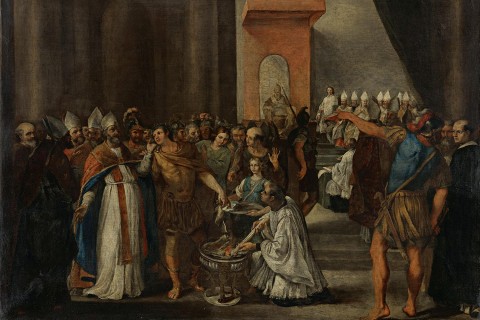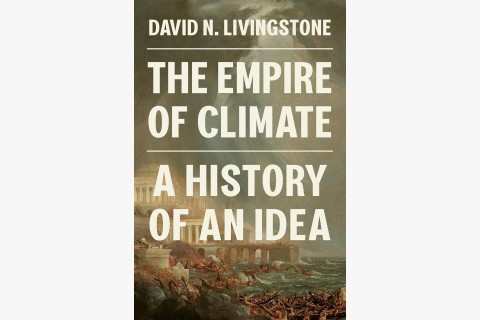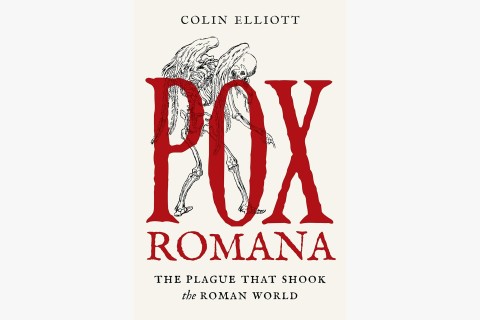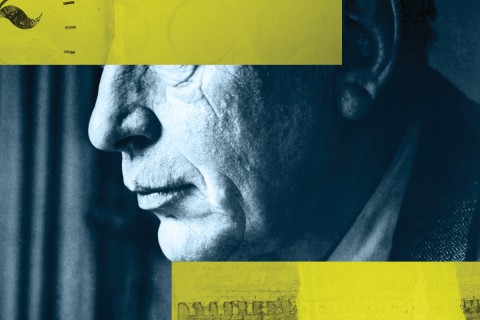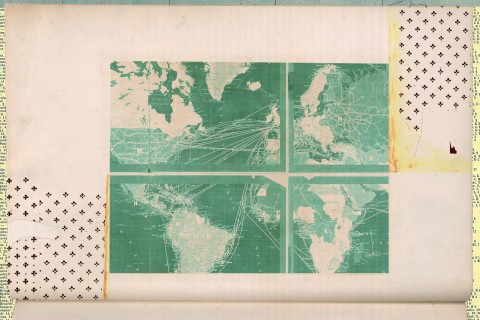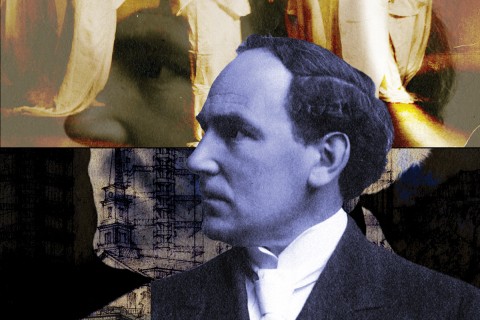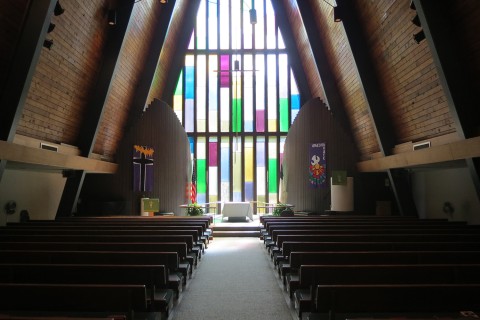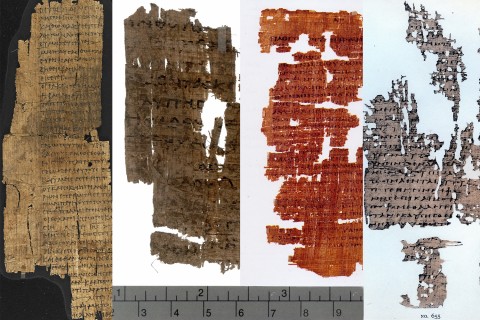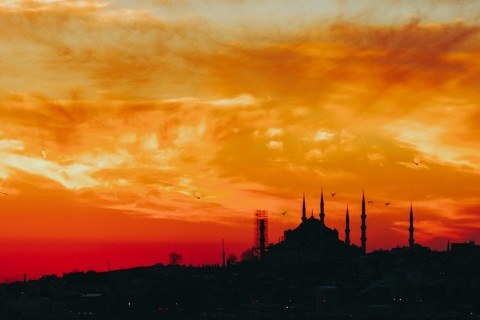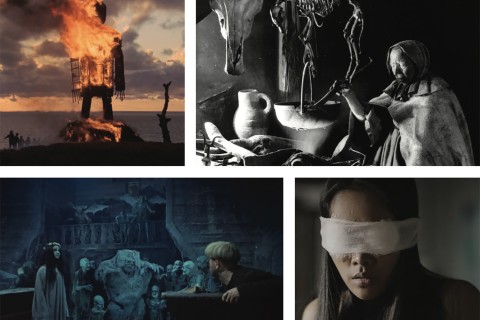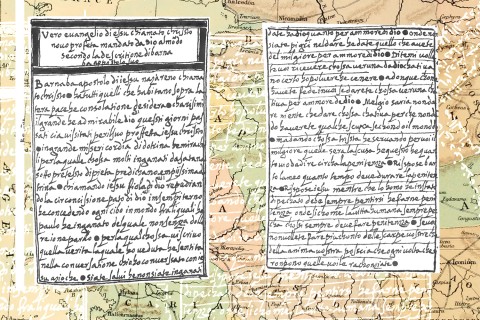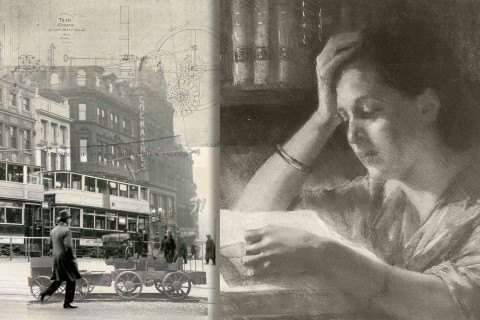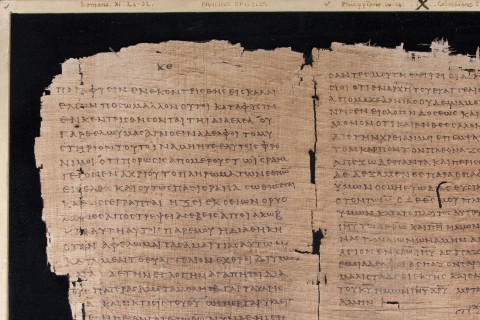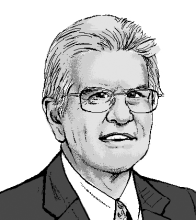
Authors /
Philip Jenkins
Philip Jenkins teaches at Baylor University. His latest book is Kingdoms of This World: How Empires Have Made and Remade Religions.
Nicene myths
The Athanasians won, so they got to tell the story of Arianism. Arius would barely have recognized it.
When climate is a tool of empire
David Livingstone explores the dubious history of overclaiming or distorting the role of climate.
Is religion good for human flourishing?
The Global Flourishing Study is producing a dazzling amount of data to help us answer this sort of question.
Another reason Rome fell
When the Antonine Plague hit in 165, says historian Colin Elliott, the Roman Empire was already well on its way to failure.
Praying the hours with W. H. Auden
The poet’s Horae Canonicae sequence is an underappreciated spiritual classic.
William Guthrie’s weird Christianity
The rector of St. Mark’s in-the-Bowery brought the church into relationship with the Greenwich Village avant-garde of the 1920s.
A landscape of lost denominations
In the US, church foundation stones tell a mostly forgotten story of religious and ethnic history.
Were the lost gospels really lost?
The myth that alternative gospels were suppressed by empire and only recently rediscovered is too good to be true.
Free Newsletters
From theological reflections to breaking religion news to the latest books, the Christian Century's newsletters have you covered.
The wisdom of folk horror
Around the world, filmmakers have used a horror framework to explore the fears and nightmares of their societies.
A gospel that admits it’s a false prophecy
One of the most fascinating texts from early modern Europe is the Gospel of Barnabas.
Rose Macaulay was ahead of her time
In Crewe Train, the neglected Anglo-Catholic novelist tells the story of a woman who resolutely does not fit in.
Paul’s lost letters
We’ll never know what he wrote to the churches at Jerusalem or Caesarea Maritima.


